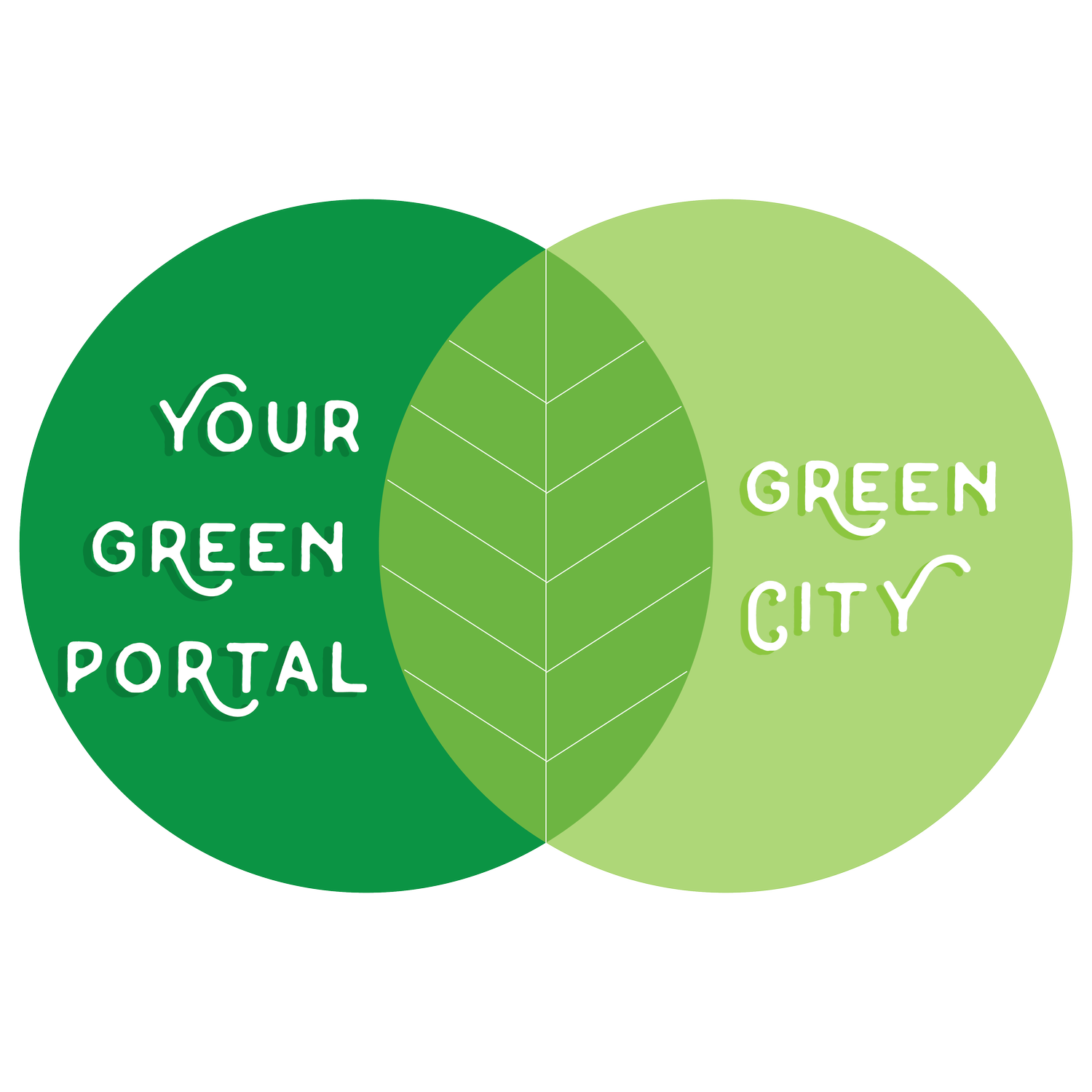This month we’ve been having some good discussions on food and its impact on the environment, our health, our communities, and social justice.
Food is something that we engage with every day and the decisions we make regarding what we buy and where we buy it has an impact on the sustainability and health of each of us, our community and ultimately our planet. If we want to do something within our own lives to make a positive change, we can take a look at our habits surrounding what we eat.
It is an on-going debate in this country and around the world: small local farms vs. large agribusiness. Which is better for the economy, the environment and our health? As with most big questions, its complicated. Christina Nunez stated in an article, published by Global Citizen in 2015, that “both of these types of farming practices have a place in our society, they just need to work on a little self-improvement. Small farms can work towards becoming more efficient, and large farms must do everything they can to limit their pollution. I would also add that all farms must commit themselves to treating their workers right.”
Joining us in today’s discussion is Jenny Quiner, Farm(her) of Dogpatch Urban Gardens, a family-run farm passionate about health, community, education and the environment. In their 6th growing season, this urban farm is built on the foundation of “Grow better, not bigger” as stated by Jean-Martin Fortier. They use sustainable, organic, and bio-intensive farm methods to produce high yields on a minimal amount of land while maintaining the integrity of the environment.
Tune in to the podcast to learn more about this unique urban farm and all of the products and events that they offer.
Key Takeaways from our discussion:
- You can run a successful farm on ¾ of an acre!
- Breaking through barriers in your business can be challenging but ultimately can make your business better in the long run.
- A natural evolution in business and farming is to turn negatives into positives
- The pandemic has brought home the value of knowing your farmer and understanding how your food is grown
- A key environmental benefit of buying local is the freshness of the product and the minimization of transportation and storage CO2 outputs and costs
- Plant based whole food is not only healthy but it is much less processed and therefore takes less energy to produce
- The best fertilizer is the farmer’s foot!
- Take the time to connect with your farm(her)
“My grandfather used to say that
Once in your life you need
A doctor, a lawyer, a policeman, and a preacher
But every day three times a day,
You need a farmer.”
~ Brenda Schoepp – Farmer
“We have neglected the truth that a
Good farmer is a craftsman of the highest order,
A kind of artist.”
~ Wendell Berry
Thank you for listening to today’s discussion. Let’s continue the conversation and learn from each other.


